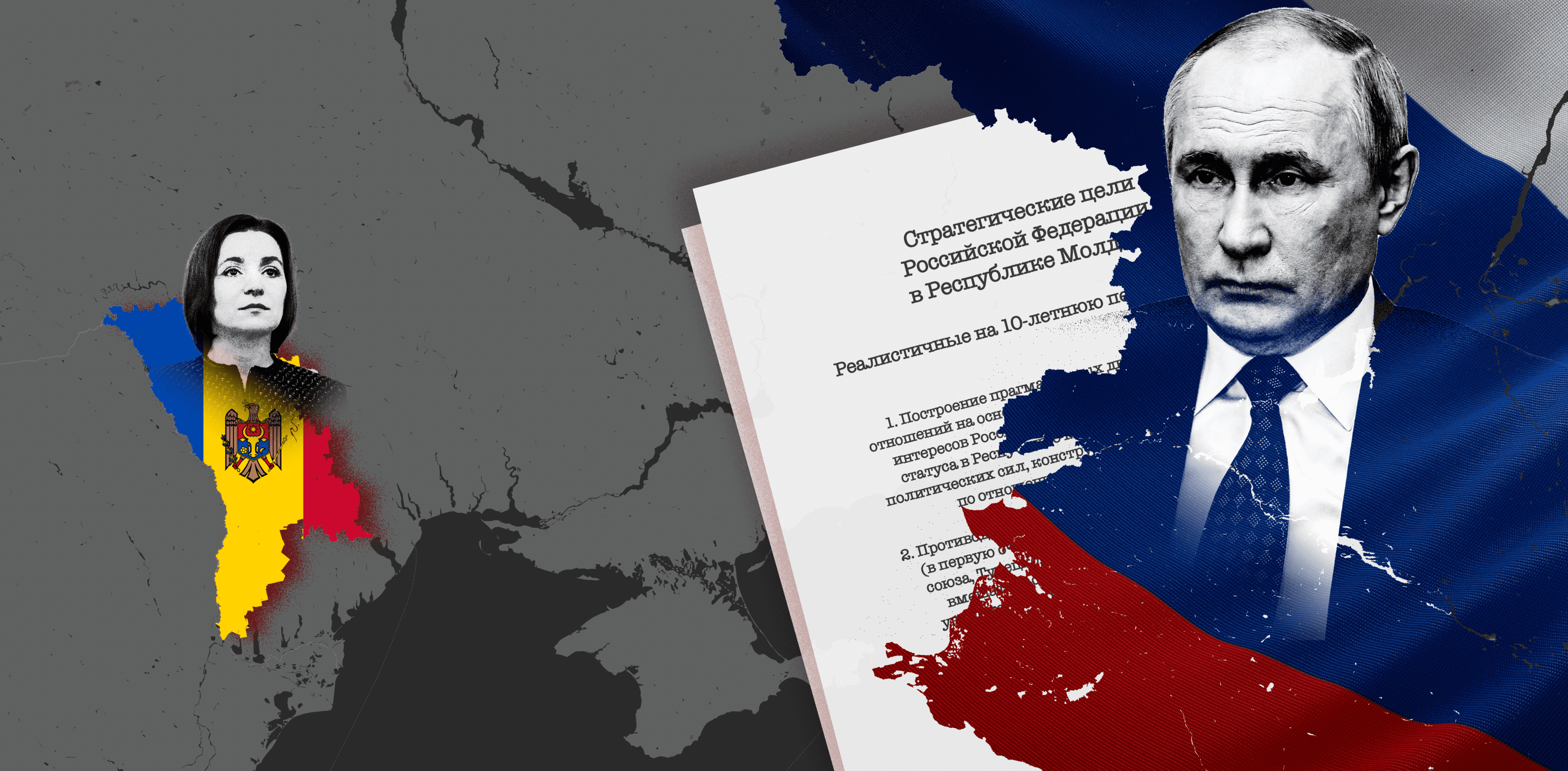Russian proxy leader in occupied Moldovan territory calls for military preparedness

Vadim Krasnoselsky, the Russian proxy leader in Transnistria, the Russian-occupied region of Moldova, called for increased military drills and heightened readiness in an address on Jan. 22.
Transnistria is a breakaway region internationally recognized as part of Moldova. Russian troops have occupied Transnistria since the early 1990s when Russia invaded the region under the pretext of protecting ethnic Russians.
There have been heightened tensions between Moldova and Transnistria since the beginning of Russia's full-scale invasion of Ukraine when there were fears that armed conflict could erupt in Moldova.
While the initial threat appears to have passed, relations between Moldova and occupied Transnistria again soured after Moldova instituted a customs tariff on imports and exports on Jan. 1.
Proceeds from the tariff are directed to Moldova's budget, which Russian proxy officials in Transnistria have protested and said hurts local businesses.
Moldova, in turn, said that the policy is simply instituted equally across the country and that there is no reason that Transnistria, which is largely dependent on economic and military support from Russia, should be exempt.
Krasnoselsky said that the moves to increase military readiness were a response to alleged provocations from Moldova.
He and other proxy officials in Transnistria previously accused Moldova of other supposed acts of aggression.
Transnistrian officials claimed earlier in January that Moldova was training soldiers, including Ukrainians, to commit "terrorist actions" on Transnistrian territory.
Moldova's Defense Ministry categorically denied the accusations and characterized the claims as "provocative" and "propaganda."
The Institute for the Study of War (ISW) has cautioned on several occasions in recent weeks that Russia is seeking to further empower its proxies in Moldova and Transnistria.
The ISW wrote on Jan. 21 that Moldova accused Russian troops stationed in Transnistria of violating ceasefire regulations and engaging in a variety of hostile activities, including the improper use of drones.













